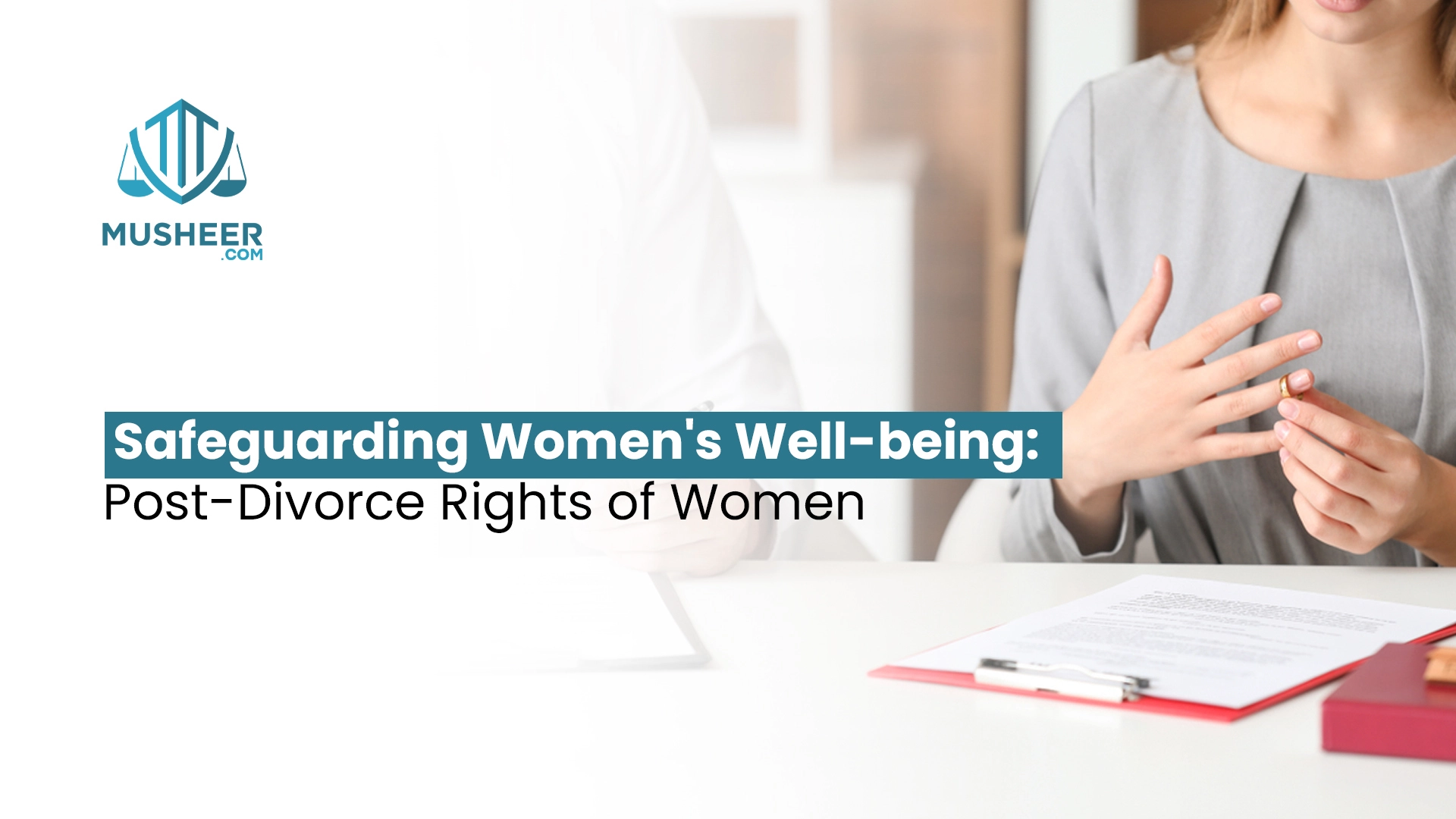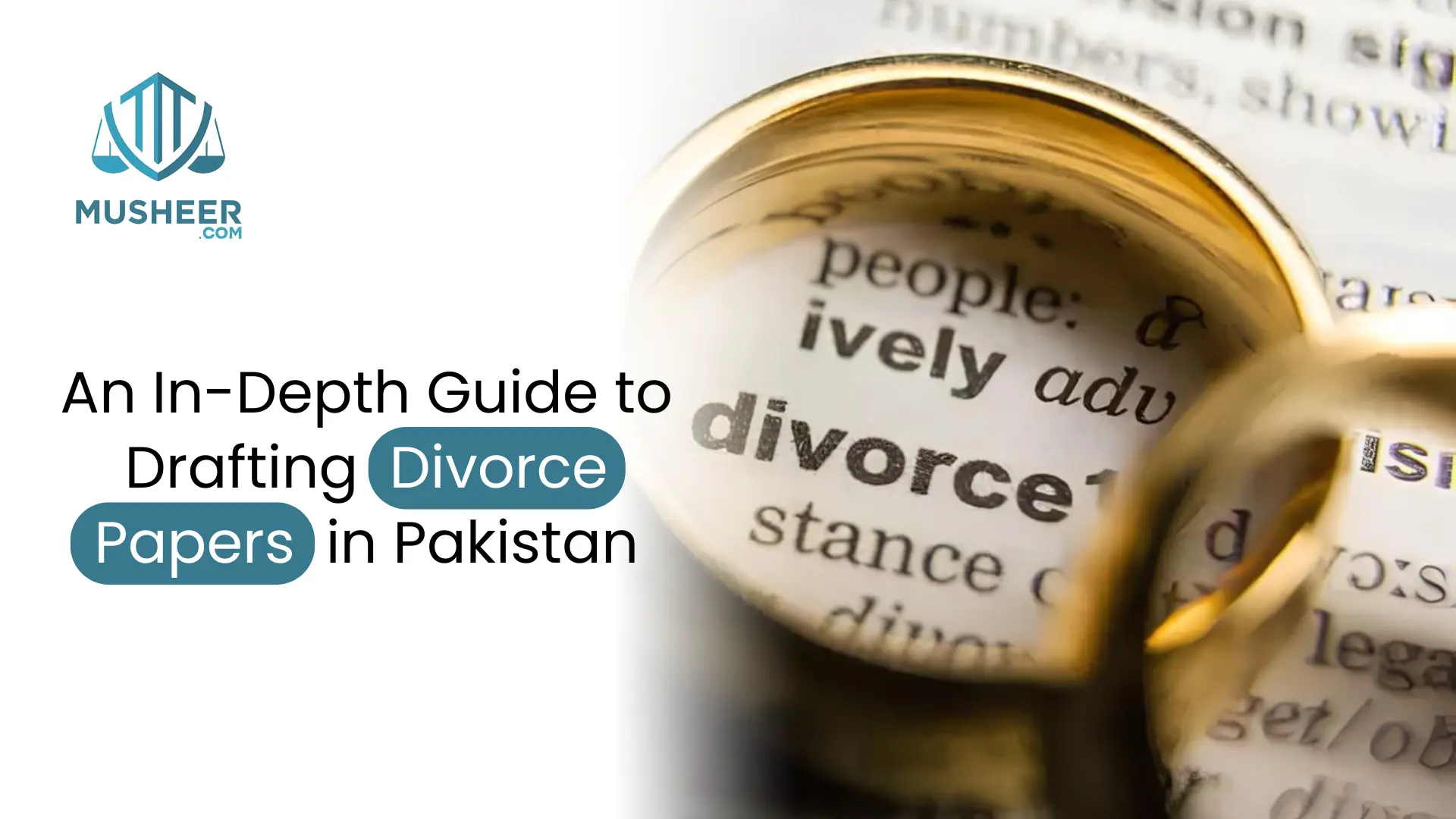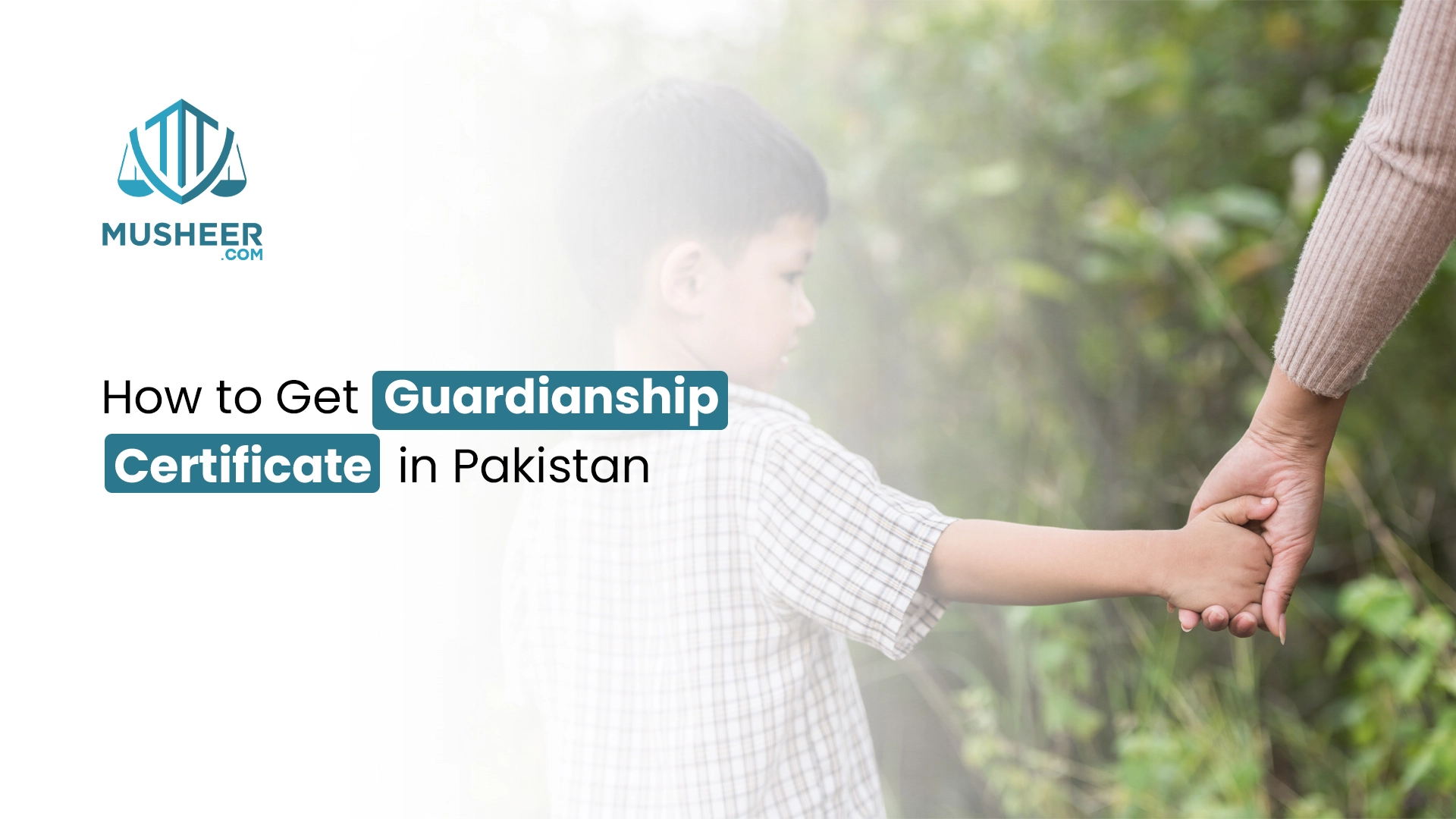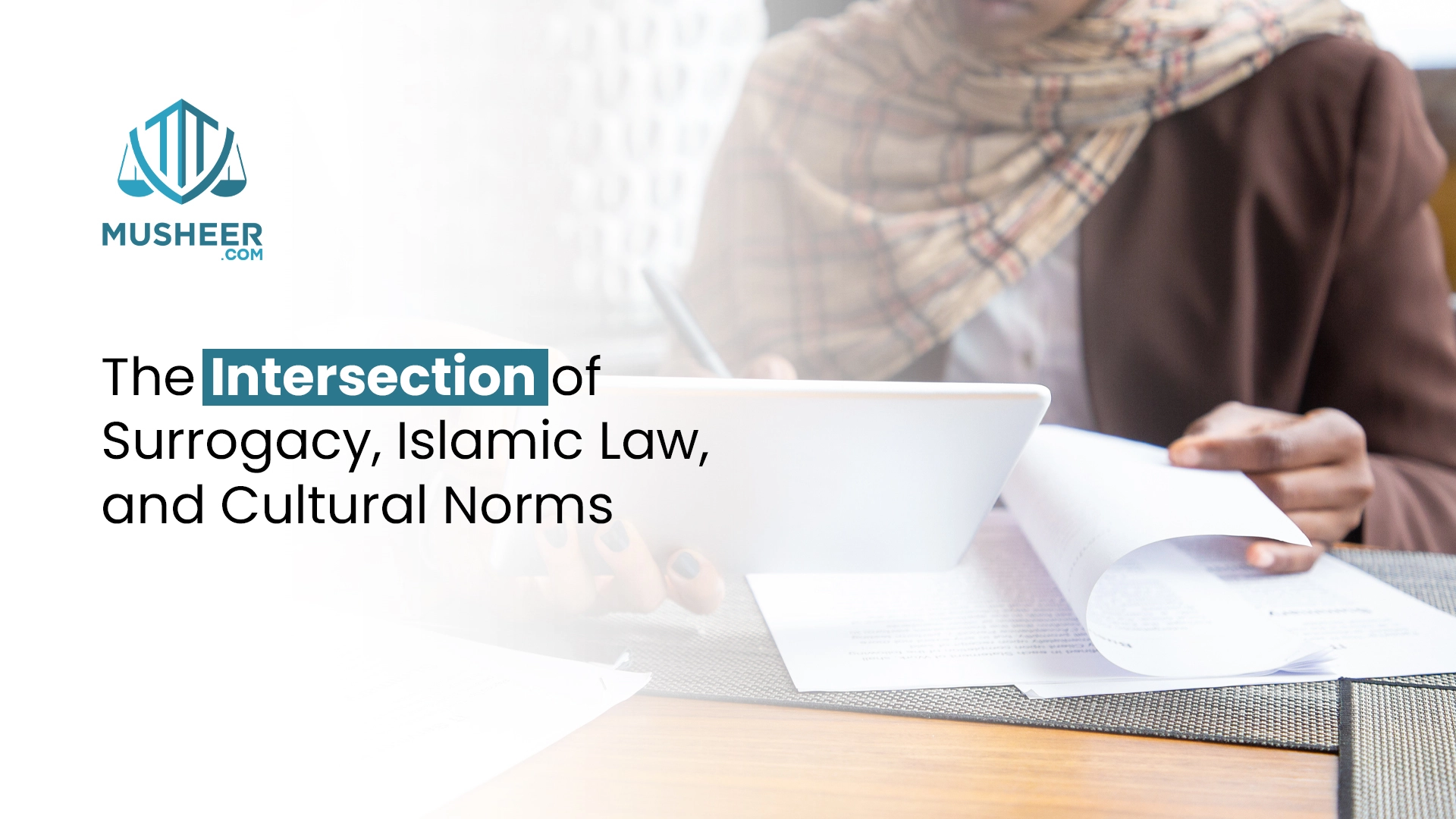Marriage is a profound commitment that binds individuals on a journey of shared life. Yet, amidst life's uncertainties, marriages can end through divorce or the tragic loss of a partner. In these unfortunate circumstances, it's often women who bear the brunt – emotionally and financially. This article explores the crucial realm of post-divorce financial support within the context of Islamic principles. It sheds light on the rights and protections afforded to Muslim women as they navigate the aftermath of marital upheaval.
Women's Vulnerabilities in the Aftermath of Marriage Dissolution
In Pakistan, where financial independence isn't yet widely available to women, the fallout of a marriage's end can be incredibly challenging. Many women find themselves compelled to sacrifice their careers to care for their children, ultimately disrupting their professional trajectories. This leaves them vulnerable, particularly when they attempt to reenter the workforce after an extended hiatus.
Upholding Women's Rights: The Role of Islamic Jurisprudence
Islamic Jurisprudence emerges as a guiding light, safeguarding the rights of women following a divorce. Central to these principles is the concept of “Nafkah” during Iddah, which ensures that divorced Muslim women receive essential maintenance, covering their basic needs such as sustenance, clothing, and shelter. This provision aims to maintain their living standards, preventing a sudden dip in their quality of life.
A Muslim divorced woman cannot remarry for three months and in case of death of husband for four months and ten days. This period of probation is called 'Iddat'. She is entitled to get maintenance allowance for this period on account of above condition. In case of a divorce to a pregnant woman the Holy Qur'an in Verses Nos.4 to 6 of Surah Al-Tallaq entitles her to maintenance till the delivery of child. Verses 4 to 6 of Surah Talaq are reproduced:
- And for such of your women as despair of menstruation, if ye doubt, their period (of waiting) shall be three months, along with those who have it not. And for those with child, their period shall be till they bring forth their burden. And whosoever keepeth his duty to Allah, He maketh his course easy for him.
- That is the commandment of Allah which He revealeth unto you. And whoso keepeth his duty to Allah, He will remit from him his evil deeds and magnify reward for him.
- Lodge them where ye dwell, according to your wealth, and harass them not so as to straiten life for them. And if they are with child, then spend for them till they bring forth their burden. Then, if they give suck for you, give them their due payment and consult together in kindness; but if ye make difficulties for one another, then let some other woman give suck for him (the father of the child).
The above noted Commands of Allah therefore create a right of maintenance in favour of a divorced wife and an obligation upon a husband to maintain her during the period of 'Iddat'. The calculation of Nafkah Iddah is tied to three months' worth of standard monthly expenses. In Pakistan, such right of maintenance is enforceable by a Family Court having exclusive jurisdiction under Family Courts Act 1964.
Mata
Post-divorce financial support is further exemplified by Mata – a form of compensation provided by the husband to the wife. This support aids women, especially those lacking independent income, in establishing themselves anew. Imam Razi writes in Tafsir Kabir that 'Mata' covers only articles of temporary benefit given as a parting or a consolation gift. It is distinguishable from maintenance as Mata is only a one time gift while maintenance is payable over a period of time.
The significance of Mata is extrapolated from the following verses of the Holy Quran:
Verse No.236 of Surah Al-Baqrah
- It is no sin for you if ye divorce women while yet ye have not touched them, nor appointed unto them a portion. Provide for them, the rich according to his means, and the straitened according to his means, a fair provision. (This is) a bounden duty for those who do good.
Verse No.241 of Surah Al-Baqrah
- And for divorced women is a provision in kindness. A duty for those who ward off (evil).
Verse No.49 of Surah Al-Ahzab
- O ye who believe! If ye wed believing women and divorce them before ye have touched them, then there is no period that ye should reckon. But content them and release them handsomely.
In the above quoted three verses husbands have been directed to give 'Mata' to their divorced wives. The words “Provide for them, the rich according to his means, and the straitened according to his means, a fair provision” signify that ‘Mata’ should be calculated according to the means of the husband. In various Ahadith, it is reported that the Holy Prophet Hazrat Muhammad (Peace be upon him) said that 'Mata' should be given even by those in straightened circumstances and it may be a few kilograms dates, some clothes or grain if they cannot give anything better.
Gifts/Dowry of Wife
The bridal gifts given to wife by the husband during the subsistence of the marriage are the property of wife. Similarly, the articles of dowry/jahaiz or other bridal gifts are also the exclusive property of wife and the wife has a right to retain them or dispose them as she likes.
Mehr or Dower
Upon dissolution of marriage the wife is entitled to claim deferred dower. The amount of dower is agreed upon at the time of marriage and is a form of financial security for the wife.
Under Islamic jurisprudence, there are two kinds of dower:
- Prompt dower: Such dower which is payable to wife immediately after marriage.
- Deferred dower: Such dower which is payable to wife in case of dissolution of marriage by death or divorce.
Therefore, on dissolution of marriage, the wife is entitled to receive deferred dower.
Alimony
Although the right of a wife for maintenance extends only during iddat, there is no bar under Islamic law to provide for alimony to wife in case of divorce. Under the Clause 19 of Nikahnama, the wife can put conditions on the husband’s right to divorce the wife. The woman can put conditions such as financial compensation, provision of a house etc. as a restriction on the husband’s right to divorce. According to the well-settled legal precedents, such conditions, if prescribed, are to be fulfilled and they do not serve as a bar on divorcing the wife. The, Nikahnama being a contract, its provisions can be as agreed upon by the parties.
It was held in Ghulam Shabbir vs. Abbas Bibi, 2022 CLC 963 (Lahore)
“If there is an amount agreed in terms of clause-19 of Nikah Nama as spousal support - having all the attributes of alimony, wherein reasonable benefits were offered to enable the ex-wife to have a dignified and comfortable life. There is no restriction that husband cannot agree to arrange for maintenance or agree to extend fiscal advantage to the wife, even after the divorce.”
Prioritizing Maternal Care: Child Custody in Islamic Jurisprudence
Islamic Jurisprudence accords great significance to maternal care in child custody matters. The principles of “Hazanat” emphasizes a mother's role in nurturing minor children. In Pakistan, the custody of children of tender age is usually provided to the mother in the event of a divorce between the parents. The custody of a minor girl is given to the mother until the age of puberty and the custody of a minor boy is given to the mother until the age of seven years. However, such right of hazanat is extinguished if the mother remarries. After such age of hazanat, the question of custody is decided by the courts based on the paramount consideration of the welfare of the child.
Conclusion
In summary, the law meticulously outlines provisions to protect women's rights and dignity during the challenging phase of marital dissolution. These provisions, rooted in the recognition that many women lack independent financial means, stand as pillars of support. They ensure not only immediate financial stability but also empower women to rebuild their lives with confidence. As societies evolve, upholding these principles of justice, fairness, and compassion remains vital. By doing so, we reinforce women's resilience and strength in the face of adversity.









